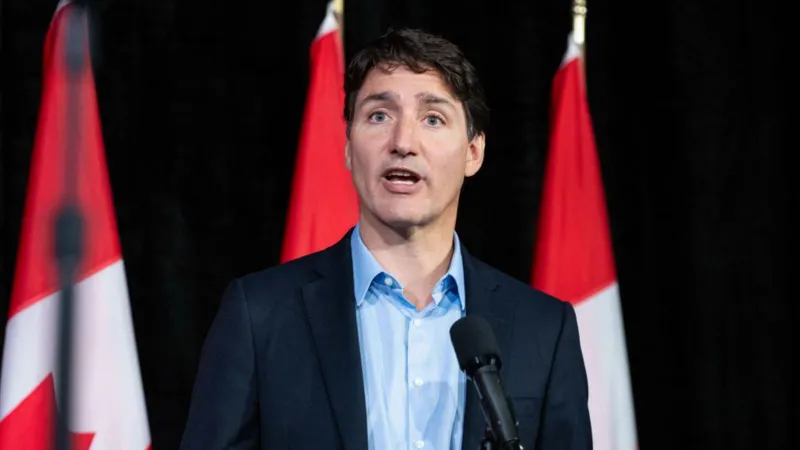Canadian Prime Minister Justin Trudeau announced that his government will reduce the number of low-wage temporary foreign workers and permanent residents coming into the country, aiming to address concerns about immigration and its impact on housing, jobs, and public services.
According to the BBC, this decision was made during a cabinet retreat where the government discussed its upcoming plans.
Canada’s population has been rapidly growing due to immigration, with about 97% of last year’s growth driven by new arrivals, as noted by federal statistics. However, this surge has led to challenges, particularly in housing availability and healthcare services.
Additionally, Canada’s unemployment rate has risen to 6.4%, with over 1.4 million people currently jobless, further complicating the situation.
Trudeau highlighted the need to reform the Temporary Foreign Worker program, which allows employers to hire foreign nationals for jobs that Canadians are not available for.
BBC reports that this program has faced criticism from labor advocates and even the UN, which recently described it as a “breeding ground for modern slavery” due to reports of exploitation and abuse of workers.
The Canadian government plans to tighten rules, especially in areas where the unemployment rate is 6% or higher, except for specific sectors like seasonal agriculture, construction, and healthcare.
BBC also notes that the government intends to reduce the share of low-wage foreign workers in companies from 20% to 10%, with changes starting on 26 September.
In addition to cutting back on temporary foreign workers, the government may also limit the number of international students and asylum seekers, marking the first time Canada is considering such a cap on temporary residents.
This move is part of a broader effort to balance immigration with the needs of Canadian society, as reported by the BBC.
https://www.bbc.com/news/articles/c23lee2z7zyo

